- Police University College
- en
- Current issues
- News item
Waste is fermenting into a breeding ground for crime
Waste crime is a multidimensional phenomenon that involves both environmental degradation and financial loss. Financial incentives are creating a fertile breeding ground for criminal activity in the sector. In addition, the risk of detection is relatively small, reveals a research project, completed at the Police University College, on illegal waste dumping as part of the shadow economy.
The research project, Illegal Dumping and the Shadow Economy , describes the current status in Finland and the Baltic Sea Region in terms of waste crime. It reveals that Finland's waste sector, too, is affected by illegal labor force and cross-border crime. Waste crime involves illegal activity of various kinds, ranging from environmental degradation to illegal trade in scrap.
Risk of detection must be increased
The project also made recommendations for the development of the anti-waste crime measures taken by the authorities. Due to the multidimensional nature of waste crime, a range of means and strong awareness of the current situation are needed for its prevention and control.
"Increasing the risk of detection is one of the key ways of combating waste crime both in Finland and internationally. Recognizing the phenomenon and the more versatile use of the available intelligence are key issues in this respect," states Researcher Iina Sahramäki .
Giving waste crime a higher public profile
According to the authorities interviewed for the study, expertise in combating, controlling, investigating, and in punishment practices related to waste crime are in need of development.
Improving intelligence-led policing operations is the key challenge facing the authorities in combating such crime.
"Anti-waste crime operations are currently somewhat reactive and depend on the situation. The study raised concerns about the possible marginalization of efforts to control and combat waste crime, as the resources available to the authorities are reduced," says Sahramäki.
Results in four separate publications
Illegal Dumping and the Shadow Economy – Current Status in Finland and the Baltic Sea Region - a research project completed at the Police University College in 2014–2015, based on funding from the National Police Board and the Ministry of the Interior. The project involved the collection of large amounts of research material and the application of a wide range of research methods. The research results enabled the creation of a varied snapshot of illegal waste dumping and its prevention and control in Finland.
The findings of the project have been published in four different publications:
The most extensive data for the study Jäterikollisuus nyt ja tulevaisuudessa (Waste crime now and in the future) was collected using the Delphi method via three electronic survey rounds in 2014 and 2015. This study described the current situation with respect to the prevention and control of illegal dumping, illegal activities in the waste sector, and future trends in combating such crime. According to the study, key areas in need of development include the more versatile use of the available intelligence, raising awareness of waste crime as a phenomenon, and more effective recognition of the boundaries between legal and illegal activities.
Police University College Studies 43.
The report Laittomat jätevirrat osana harmaata taloutta - Koonti tutkimushankkeen keskeisistä tuloksista (Illegal dumping as part of the shadow economy - Compilation of key results of research project) describes the main findings of the entire research project and the situational picture they enable of illegal dumping and its prevention and control in Finland. This publication also features future scenarios up to the year 2040. It was drawn up to assist the authorities, and as a general introduction for the public on the various types of waste crime. The report can also be used as teaching material.
Police University College Reports 119.
Törkeän ympäristön turmelemisen anatomia - Case Lokapojat (An anatomy of aggravated environmental damage – The Lokapojat case) is a case report based on the material related to the judgments of the District Court and Court of Appeal in the A. Lokapojat Oy case, as well as the pre-trial material. The case study explains e.g. how awareness – among those engaged in criminal activities – of the small risk of detection at each stage of the process can increase the temptation to engage in unlawful activities.
Police University College Reports 120.
Katsaus hovioikeuden ympäristörikostuomioihin (Review of judgments by the Court of Appeal in cases of environmental crime) analyzes environmental convictions by the Courts of Appeal during the years 1994–2014. The analyses cover cases of waste-related environmental damage and aggravated environmental damage. These judgments show that corporate fines are demanded and imposed on an inconsistent basis in Finland. Police University College Reviews 9.
All of the publications are available on the website polamk.fi/julkaisut (in Finnish only; for an English summary see the abstracts in the Finnish documents).
socialShareGray




